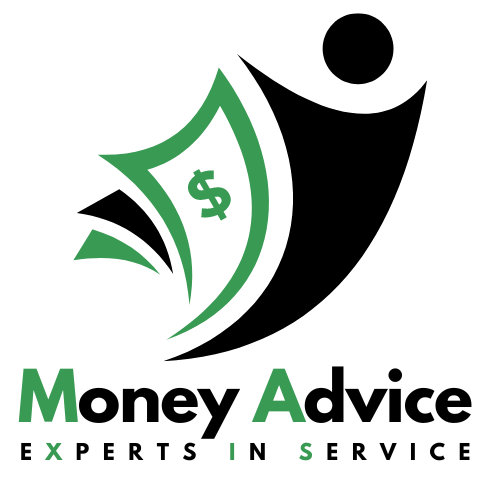As a consultant, tax deductions can be a valuable way to minimize your taxable income and ultimately reduce the amount of taxes you owe. Understanding what expenses can be deducted and how to properly claim them is essential for maximizing your tax savings. In this article, we will explore the various tax deductions available to consultants and provide tips on how to take full advantage of them.
Home Office Deduction
One of the most common deductions for consultants is the home office deduction. If you use a portion of your home regularly and exclusively for business purposes, you may be eligible to deduct expenses related to that space. This can include a percentage of your rent or mortgage, utilities, insurance, and maintenance costs. To qualify for this deduction, your home office must be your primary place of business.
Travel Expenses
Consultants often have to travel for client meetings, conferences, and other business-related activities. Fortunately, many travel expenses are tax-deductible. This can include airfare, hotels, rental cars, meals, and even transportation to and from the airport. Keeping detailed records of your travel expenses is crucial to ensure you can substantiate your deductions in case of an audit.
Professional Development
Continuing education and professional development are vital for consultants to stay competitive in their field. The good news is that expenses related to workshops, seminars, conferences, and online courses are generally tax-deductible. This can also include the cost of books, subscriptions, and other resources that help you improve your skills and knowledge.
Office Supplies and Equipment
From laptops and printers to paper and pens, the cost of office supplies and equipment can add up quickly for consultants. The good news is that these expenses are typically tax-deductible. Keep track of your receipts and invoices for any purchases related to your business, as these can help you claim the deduction when filing your taxes.
Health Insurance Premiums
Health insurance can be a significant expense for consultants, especially if you are self-employed. The good news is that health insurance premiums are generally tax-deductible for self-employed individuals. This can include medical, dental, and long-term care insurance premiums for yourself, your spouse, and your dependents. Be sure to keep records of your payments and consult with a tax professional to ensure you are maximizing this deduction.
Retirement Contributions
Saving for retirement is important for consultants who may not have access to employer-sponsored retirement plans. The good news is that contributions to retirement accounts such as a SEP-IRA, Solo 401(k), or SIMPLE IRA are tax-deductible. By contributing to these accounts, you can reduce your taxable income and save for the future at the same time.
Conclusion
Consultant tax deductions can provide significant savings for self-employed individuals. By taking advantage of deductions such as the home office deduction, travel expenses, professional development, office supplies and equipment, health insurance premiums, and retirement contributions, you can reduce your taxable income and keep more of your hard-earned money. Be sure to keep detailed records of your expenses and consult with a tax professional to ensure you are maximizing your deductions and staying compliant with tax laws.

 McDonald’s Monopoly
McDonald’s Monopoly 30 Ways To Pay Off
30 Ways To Pay Off Homeowner’s Code
Homeowner’s Code Rattle the Market
Rattle the Market Side Hustle
Side Hustle